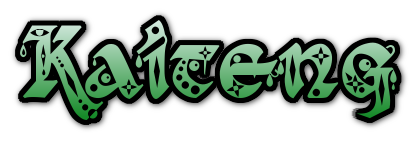Nightwish - Kuolema tekee taiteilijan
Kerran vain haaveeni nähdä sain //
Only once, I got to see my dream
En pienuutta alla tähtien tuntenut //
I didn't feel my smallness under the stars
Kerran sain kehtooni kalterit //
Once I got bars to my cradle
Vankina sieltä kirjettä kirjoitan //
As a prisoner, I write a letter from there
Luojani, luoksesi anna minun tulla //
My God, let me come to you*
siksi miksi lapseni minua luulee //
To become what my child thinks I am*
Sinussa maailman kauneus //
In you, the beauty of the world
Josta kuolema teki minusta taiteilijan //
Out of which, death made me an artist*
Luojani, luoksesi anna minun tulla //
My God, let me come to you
siksi miksi lapseni minua luulee //
To become what my child thinks I am
Luojani, luoksesi anna minun tulla //
My God, let me come to you
siksi miksi lapseni minua luulee //
To become what my child thinks I am
Oman taivaan tänne loin //
I created my own heaven here
Anna minun päästä pois //
Let me get out
Oman taivaan tänne loin //
I created my own heaven here
Anna minun päästä pois //
Let me get out
Notes:
- "Luoja" I've translated as "God" here, but it literally translates to "Creator". It's a common way to refer to the Christian God in Finnish.
- The following part: "Luojani, luoksesi anna minun tulla siksi miksi lapseni minua luulee" is wordplay and has two meanings/sentences on top of each other:
- "Luojani, luoksesi anna minun tulla" means "My God, let me come to you", and
- "Anna minun tulla siksi miksi lapseni minua luulee" means "Let me become what my child thinks I am".
- Essencially, these two sentences have been smashed together and it's impossible to draw the line between the two of them.
- The word "taiteilija" literally means "one who makes art", so you know, an artist, but it's usually used for things such as painters, sculptors, etc. A musical artist, on the other hand, would be referred to with the loan word "artisti".
<< back to translations

